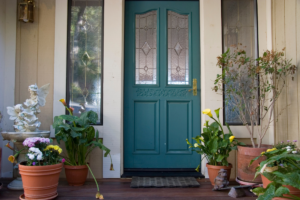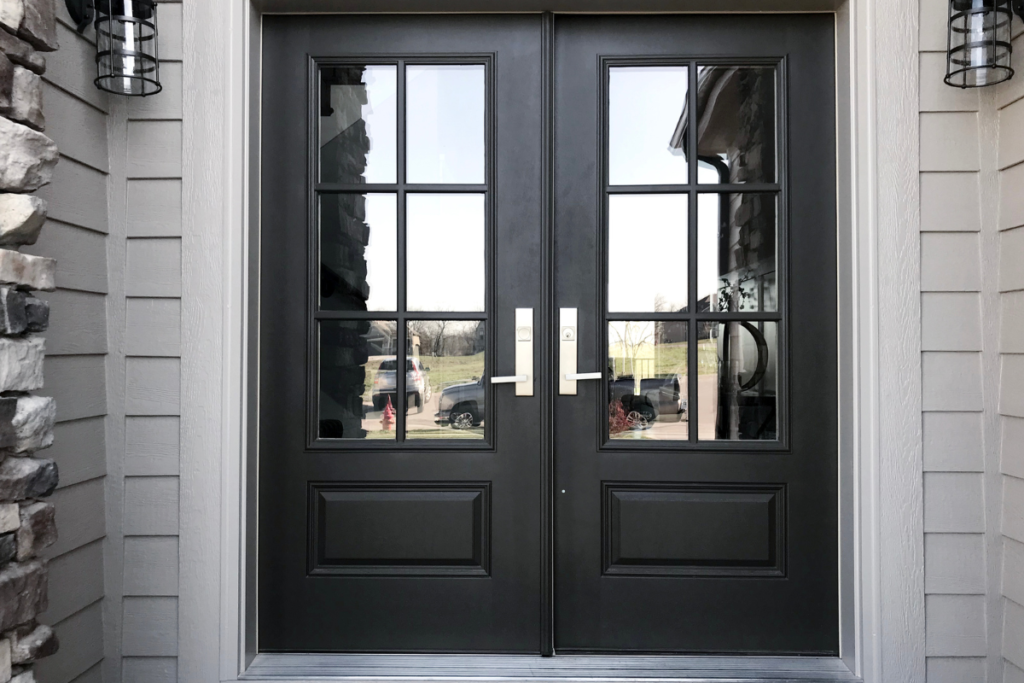 Introduction to Accurate Door Cost Estimates:
Introduction to Accurate Door Cost Estimates:
When undertaking a construction or renovation project, one of the most challenging aspects can be figuring out the costs associated with doors. Whether you’re building a new home, upgrading your office, or simply replacing an old door, accurate door cost estimates are crucial to ensure your project stays on budget. In this article, we’ll explore how to accurately estimate door costs, factors that influence pricing, and how you can avoid common pitfalls during this process.
Why Accurate Door Cost Estimates Matter
The importance of having precise estimates for your door costs cannot be overstated. Without a clear understanding of potential expenses, you may find yourself over budget or forced to compromise on quality. For many homeowners and business owners, investing in good-quality doors is not only about aesthetic appeal but also about safety, energy efficiency, and functionality.
An inaccurate door cost estimates could lead to delays, unexpected expenses, or even problems in completing the project on time. Conversely, accurate door cost estimates help avoid financial surprises and allow for smoother project planning.
Factors That Influence Door Cost Estimates
Estimating the cost of doors is more complex than it seems. The final price is influenced by several factors, and understanding these can help you make a more accurate estimate. Here are the key elements to consider:
1. Material Type
The material of the door has a significant impact on the cost. For instance, solid wood doors are typically more expensive than hollow-core or composite doors. Metal and glass doors often add an extra layer of sophistication but also come with higher price tags. Here are some common materials and their average price range:
- Wooden Doors: $200 to $800
- Steel Doors: $150 to $600
- Fiberglass Doors: $250 to $1,500
- Glass Doors: $500 to $2,000
Each material has its pros and cons, so the choice depends on the desired look, durability, and energy efficiency.
2. Door Style and Design
The style and design of the door also play a huge role in determining the cost. Basic interior doors will cost far less than custom-designed exterior doors with intricate detailing. Popular door styles include:
- Panel Doors: A classic choice that costs between $100 and $400.
- French Doors: Elegant and usually range from $400 to $1,200.
- Sliding Doors: Practical and stylish, typically costing between $300 and $1,500.
Custom-designed doors, especially those made for luxury homes or unique architectural designs, will cost significantly more.
3. Door Size
Size also impacts cost. Standard interior doors are often cheaper than larger or custom-sized doors. For example, a standard 36” x 80” interior door costs around $150, but oversized or specialized doors can push the price to $1,000 or more. Accurately measuring the door frame and knowing your size requirements upfront will help you stay within your budget.
4. Hardware and Accessories
Beyond the door itself, you’ll need to consider the cost of hardware such as hinges, handles, locks, and even electronic systems for automatic doors. High-end hardware can easily add an extra $50 to $500 depending on the level of customization and the quality of the materials. Some accessories you may need to budget for include:
- Doorknobs or Handles: $20 to $200
- Locks: $30 to $300
- Hinges and Installation Kits: $10 to $100
5. Installation Costs
In addition to the price of the door and hardware, you need to factor in installation costs. Professional installation is often recommended to ensure the door is properly aligned and securely fitted. On average, door installation costs range from $100 to $400 per door, though specialized installations (such as installing a glass or sliding door) can exceed this.
If your door installation requires structural changes, such as expanding a doorway or altering the wall frame, labor costs could increase significantly, often reaching upwards of $1,000.
6. Additional Features
If you want energy-efficient or soundproof doors, this can increase the price. Insulated or soundproof doors generally cost more but offer long-term savings by reducing energy bills and noise levels. You might also need to consider weatherproofing for exterior doors, which typically adds $50 to $200 to the cost.
How to Create an Accurate Door Cost Estimate
Creating an accurate door cost estimate involves gathering detailed information about the project and accounting for all potential costs. Here’s a simple step-by-step approach to help you do this:
- List Your Requirements: First, identify the type, material, size, and design of the door you need. Make sure you take accurate measurements and note any special features you want (like energy efficiency or security features).
- Research Average Prices: Once you’ve identified your door’s specifications, research the average prices for similar products. You can compare prices from local hardware stores or online retailers to get a ballpark figure.
- Account for Installation: Contact a few contractors to get quotes for installation services. This should include labor costs and any extra charges for structural modifications.
- Factor in Additional Costs: Don’t forget to account for hardware, accessories, and any customization you might need. Also, if your door requires regular maintenance (e.g., for wooden or metal doors), this should be factored into your long-term budget.
- Create a Budget Buffer: Always allocate an additional 10-15% in your budget for unforeseen expenses. This ensures that you won’t be caught off guard if prices fluctuate or additional work is required.
Common Mistakes to Avoid in Door Cost Estimating
While the process of estimating door costs seems straightforward, there are some common mistakes that can lead to inaccurate estimates. Here’s how you can avoid these pitfalls:
- Not Measuring Properly: Incorrect measurements can lead to buying the wrong size door, which can cause delays and additional expenses.
- Overlooking Installation Costs: Many people only focus on the door price and forget to budget for installation. Always factor in both labor costs and any structural changes.
- Skipping Hardware Costs: Don’t forget about the price of locks, handles, and hinges. These small items can add up and throw off your budget.
- Ignoring Quality: In an effort to save money, some may opt for the cheapest door options, only to find out later that they compromise on durability, security, or energy efficiency.
Accurate door cost estimates are essential for maintaining your budget and ensuring your project goes smoothly. By considering all the factors that influence door prices—such as material, style, size, hardware, and installation—you can make well-informed decisions. Remember to avoid common estimating mistakes, and always allocate a buffer for unforeseen expenses.
Whether you’re upgrading your home or outfitting a commercial space, taking the time to create an accurate door cost estimate will help you achieve your goals without breaking the bank.
Are you looking for the best estimating services in USA?
Look no further than “https://zionestimating.com”
They are offering top-notch services like;
- Construction/cost estimation
- Budget planning
- Material takeoff
- Equipment estimation
and further more!!!
Here are some more information for your convenience:
Phone no. : +1 718-427-9941 || +1 562-383-6177
Email:[email protected]
Visit their blogs and site
https://zionestimating.com for the latest updates and service tips!
